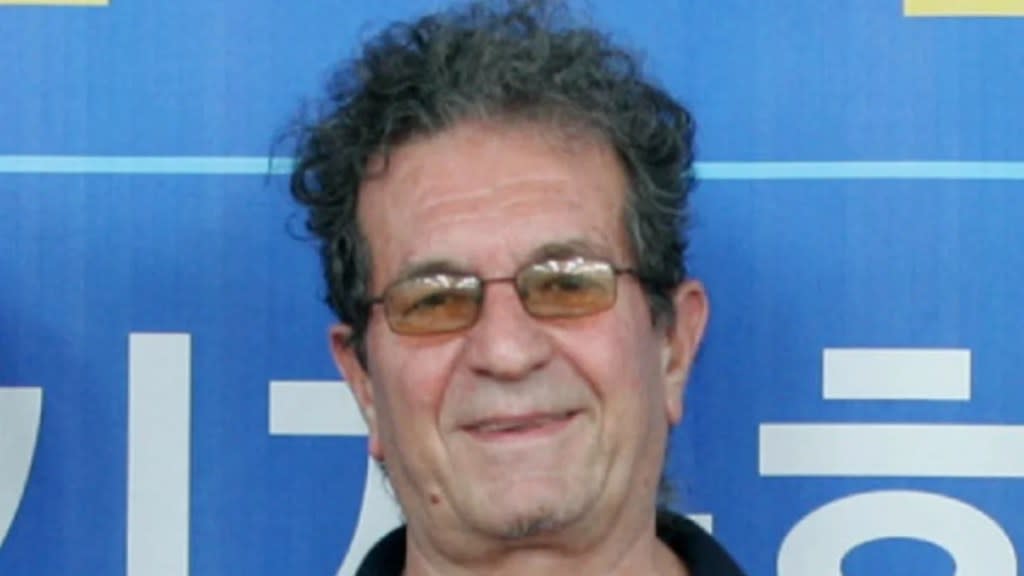Iranian Filmmaker Dariush Mehrjui and Wife Found Dead

- Oops!Something went wrong.Please try again later.
- Oops!Something went wrong.Please try again later.
Celebrated Iranian filmmaker Dariush Mehrjui and his wife have been found dead in their home in Karaj, Iran, The New York Times reported Sunday.
Their bodies were found Saturday night by their daughter Mona, and Mehrjui’s assistant Hanif Soroori told the outlet their throats were cut and there were signs of forced entry.
Mehrjui, 83, was known as one of the forefathers of new-wave cinema in Iran. His wife, Vahideh Mohammadifar, was a screenwriter and costume designer.
In an interview with the Iranian student news agency ISNA, the Alborz police chief Hamid Hadavand said a possible motive is currently unknown.
Before the 1979 Iranian Revolution, Mehrjui filmed Ayatollah Ruhollah Khomeini while he was in exile in France. His work after the revolution explored themes like art, money, religion and marriage.
Upon his return to Iran in 1985, Mehrjui spoke about battling censorship in the country. In the book “Dariush Mehrjui, Critique of Oeuvre from Banu to Mum’s Guest” he explained, “During my filmmaking process and in the back of my head I am constantly concerned and influenced by censorship and the restrictions that govern the society; whether I choose a theme or not, whether I choose to turn a blind eye.”
Mehrjui was born on Dec. 8, 1939, in Tehran. He moved to the United States to study at the Department of Cinema at UCLA in 1959 and ultimately graduated from the school with a degree in philosophy.
After graduating in 1964 he started a literary magazine, the Pars Review, with fellow Iranians with a shared goal of sharing modern Iranian literature and stories with the West.
After attempting to bring his first script to the big screen, Mehrjui released the crime thriller and James Bond parody “Diamond 33.” While it was not a commercial success, his second movie “Gaav” (“The Cow”) was positively received by critics and audiences and brought him international recognition.
“Gaav” was initially banned in Iran due to its depiction of rural life in the country. It was smuggled into the Venice Film Festival in 1971, where it took home the Critics’ Award and became the biggest movie of the event, despite lacking subtitles and programming.
Of all Mehrjui’s work, 1978’s “Dayereh Mina” (“The Cycle”) would become his most successful film outside of Iran. Within the country, his 1990 movie “Hamoun” is his most popular work.
Mohammadifar worked as a writer on several films with Mehrjui, including 2000’s “Tales of an Island” and 2002’s “To Stay Alive.”
The couple is survived by their daughter, Mona.
The post Iranian Filmmaker Dariush Mehrjui and Wife Found Dead appeared first on TheWrap.

